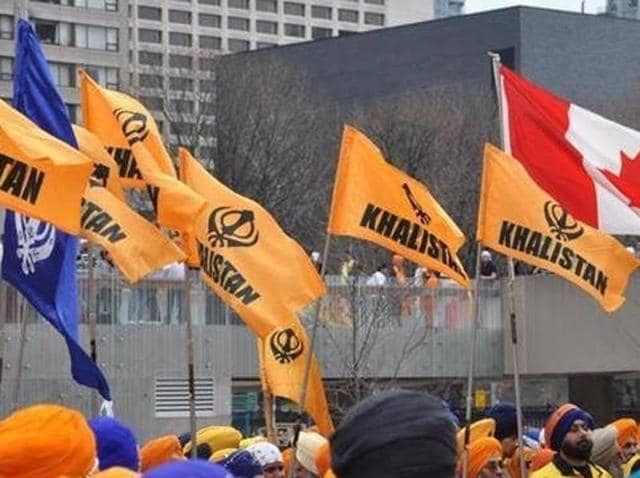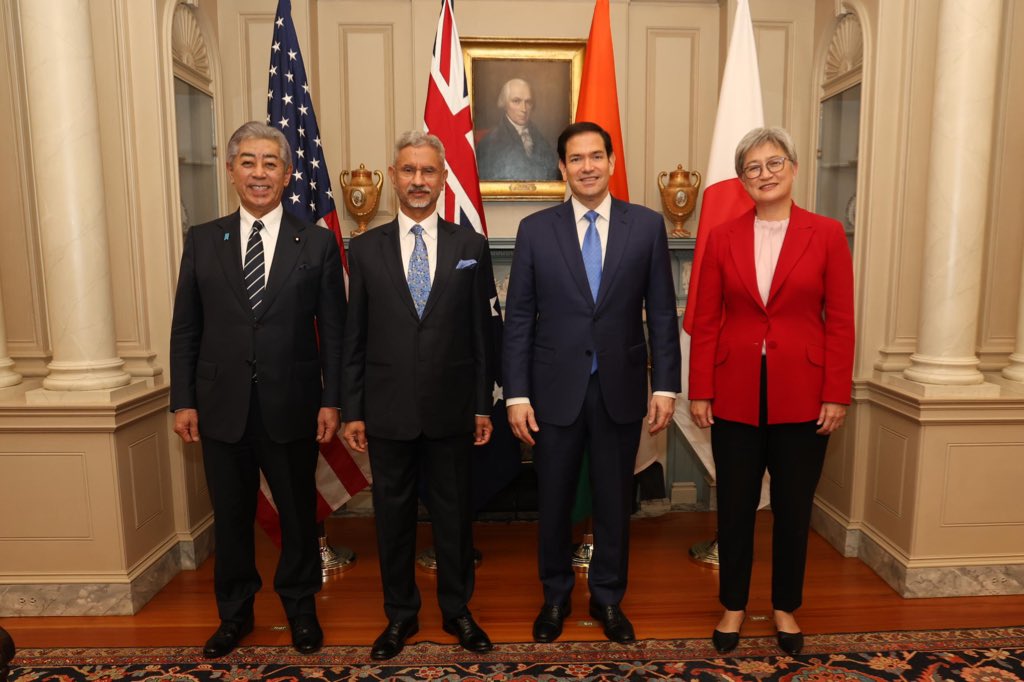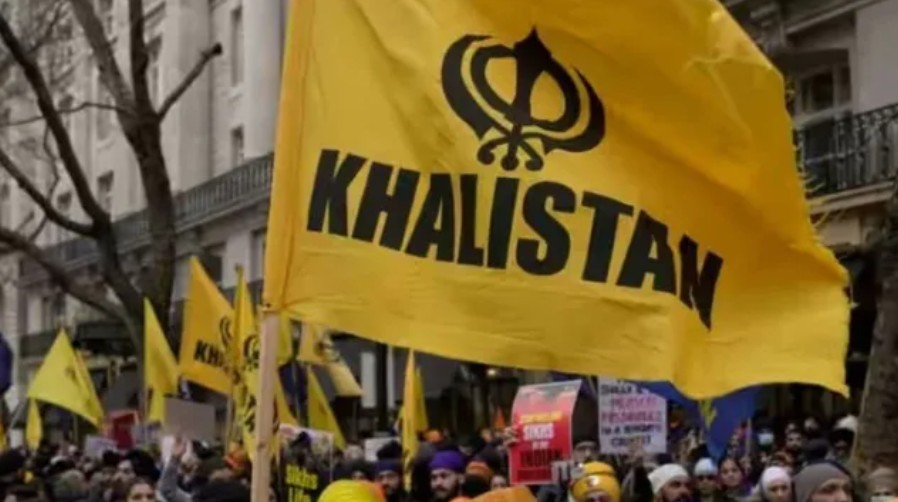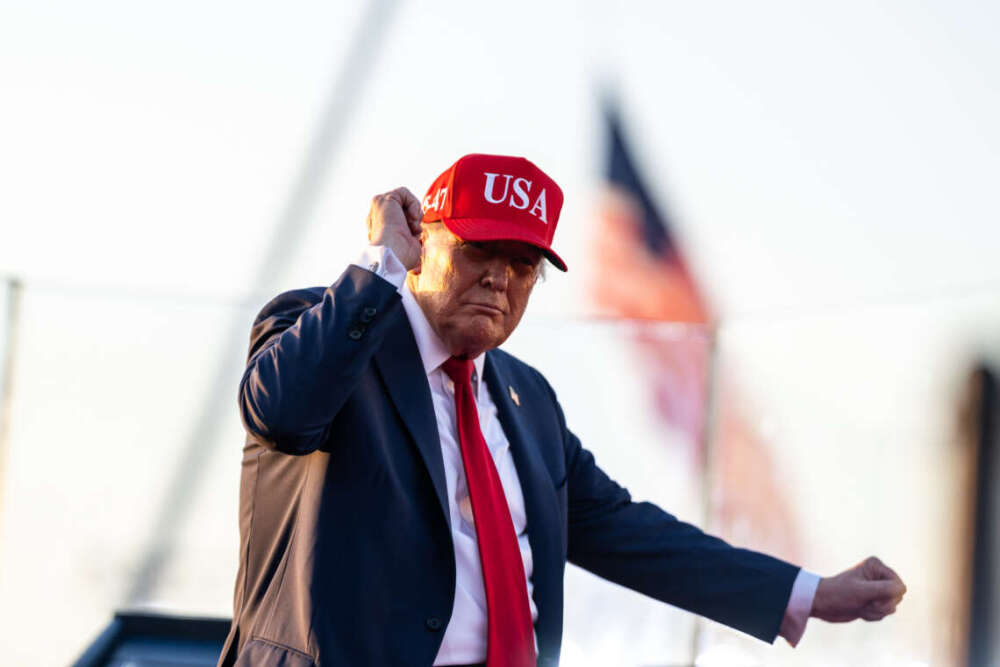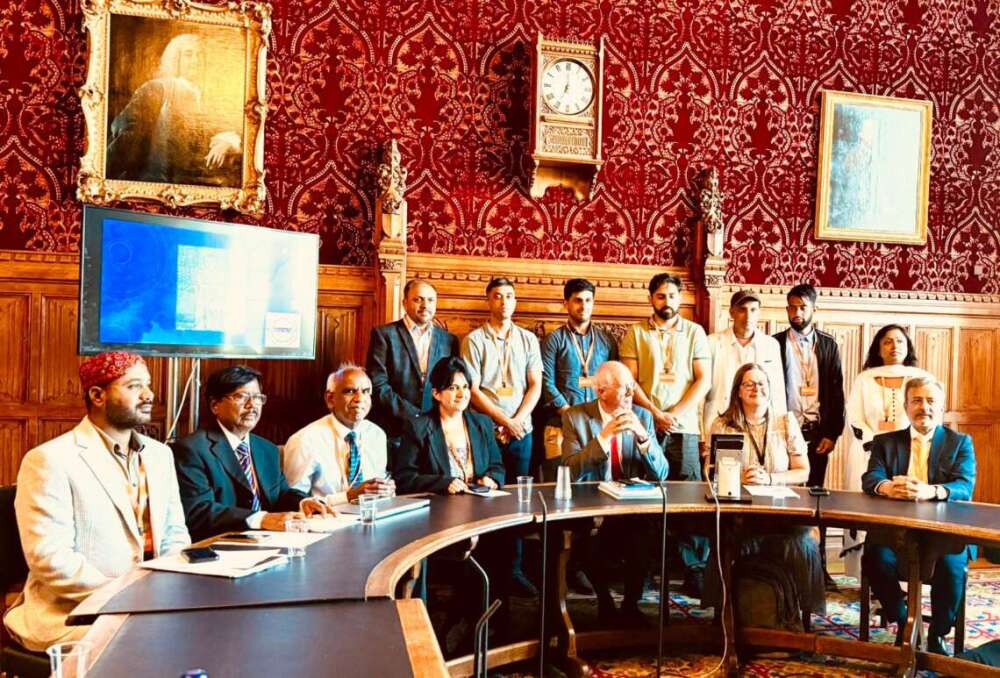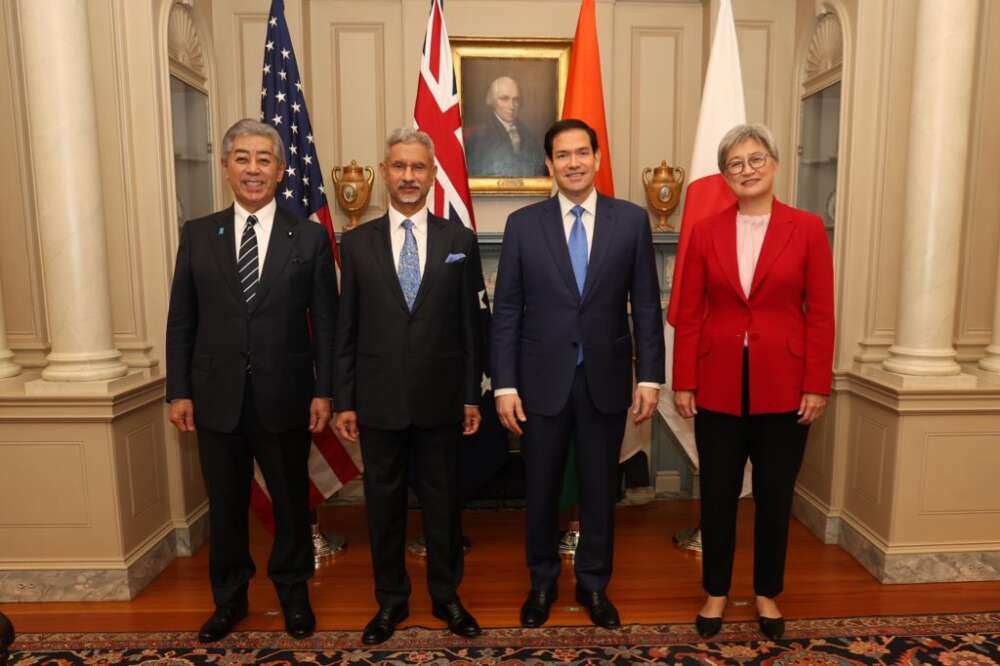Documents unveiled in 2018 link Pakistan’s ISI to this initiative, painting a picture of a well-orchestrated campaign aiming to destabilize India’s northern frontier. …writes Dr. Jasneet Bedi
The recent surge in pro-Khalistan sentiments in countries like Canada, the US, the UK, and Australia has not only taken the Indian government by surprise but has also revealed the intricacies of global politics.
While these nations shelter behind the guise of ‘democratic processes’, the crux of the matter is that the Khalistan Referendum has turned into a chessboard where pawns are moved by forces external to the Sikh community.
Let’s begin by unraveling the “Referendum 2020” campaign. Touted as a grassroots movement for Sikh rights, its origins are murkier than they appear.
While the initiative supposedly stands for the independence of the Indian Punjab, there is no call for the inclusion of West Punjab, which lies in Pakistan. The glaring omission only reinforces India’s long-held suspicions about Pakistan’s Inter-Services Intelligence’s (ISI) hand in fanning the flames of separatism.
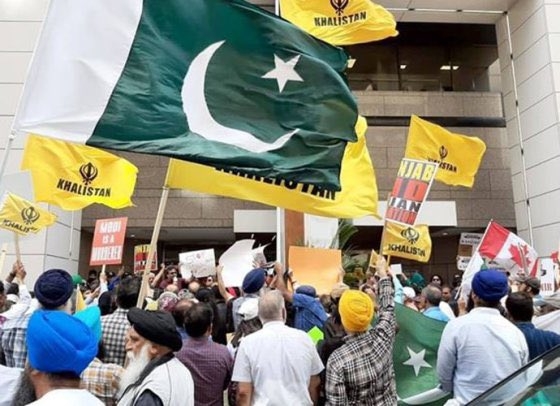
Documents unveiled in 2018 link Pakistan’s ISI to this initiative, painting a picture of a well-orchestrated campaign aiming to destabilize India’s northern frontier.
Pakistan’s strategy is clear: as the nation struggles with international scrutiny over its Islamist militant groups, the Khalistan agenda serves as a covert channel to achieve its objectives.
Events such as the Punjab Referendum Conference in 2018 and the London Declaration on Punjab Independence Referendum 2020 illustrate the global reach of this campaign.
However, the involvement of dubious personalities like Lord Nazir Ahmed, a convicted felon, not only challenges the legitimacy of these gatherings but also underscores Pakistan’s insidious designs.

Interestingly, the narrative is not just being driven through offline events. The surge in Twitter accounts promoting the Khalistan agenda, corroborated by Google Trends, paints a picture of a digital warfare strategy. In the age of information, it’s clear that the battle for Khalistan is as much online as it is on the ground.
The connections don’t just stop at the ISI. Pakistan’s overt support can be witnessed through figures like Ghazala Habib, head of Friends of Kashmir, and Gurparwant Singh Pannu’s audacious letter to former PM Imran Khan.
Their intertwined relationships and public endorsements are hardly covert, revealing a direct line between Khalistan advocates and Pakistan’s establishment.
While the Khalistan referendum might parade as a voice of the Sikh diaspora, its underpinnings suggest a nefarious agenda driven by external influences.
It’s high time that nations housing these activities recognize the machinations at play and prioritize global peace over localized politics. After all, in this game of chess, it’s not just India’s peace at stake but the stability of the entire South Asian region.


